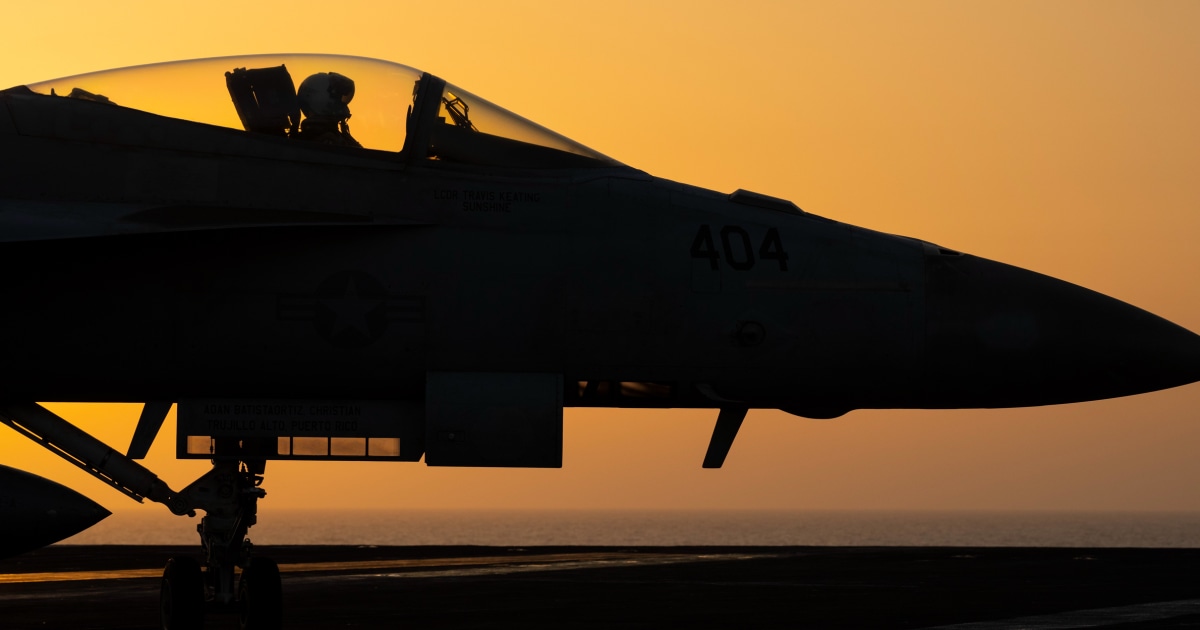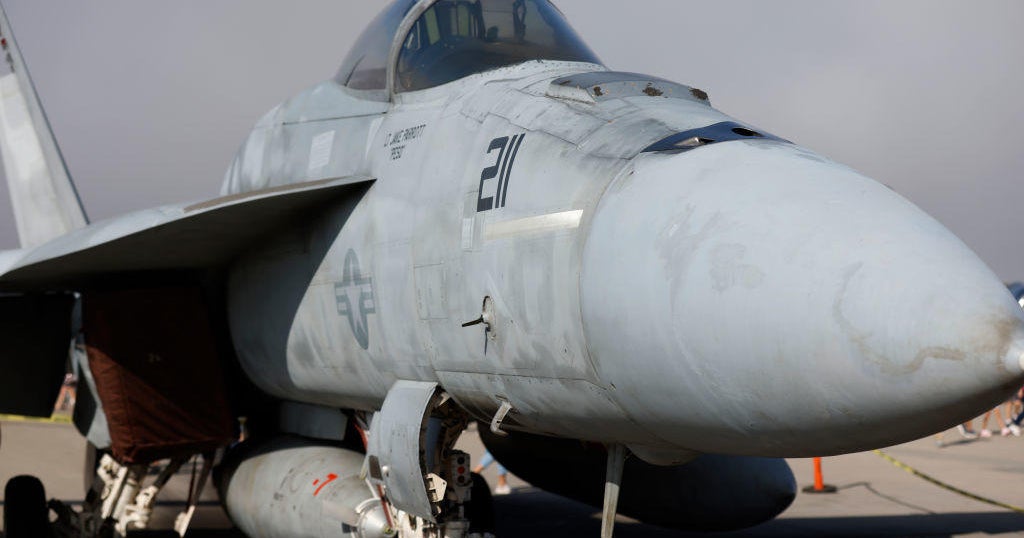Bussiness
Businesses are the new pawns in world’s shifting political landscape | The National

Geopolitics has become an increasingly pressing issue for businesses as the global power dynamics continue to evolve. The rise of a multipolar world and emergence of countries such as China, India and Russia have resulted in companies being increasingly entangled in political tensions.
This shift in the global landscape has forced businesses to navigate how they will approach new complex geopolitical challenges. However, it also offers valuable lessons for them.
The stability of the Cold War era is a thing of the past, giving way to a more unpredictable world where trade wars, sanctions and supply chain disruptions can arise unexpectedly. In today’s era, businesses must remain vigilant and agile to swiftly respond to sudden geopolitical shifts, in order to ensure their survival and maintain competitiveness.
Emergence of bipolar world
For a long time, the world was relatively easy to understand. Throughout the initial Cold War, spanning from the conclusion of the Second World War until the collapse of the Soviet Union in 1991, the global arena was clearly divided between the US-led West and the Soviet Union. These two superpowers operated in distinct spheres, rarely crossing paths in the business world.
Businesses enjoyed a relatively stable environment with minimal risks associated with global politics. Conflicts such as the Korean and Vietnam wars were confined to smaller or developing markets that did not really ruffle the feathers of big corporations, as those markets were not as economically important at the time.
However, all that clarity went out of the window when the Soviet Union collapsed in 1991. Suddenly, communist nations in Eastern Europe were ditching their state-controlled economies in favour of market economies driven by supply and demand. The business world had been hit with a seismic shift, and companies had to adapt.
The world shifted to a US-dominated global order, where the American economic model was seen as the default path to success. Even China and Russia hopped on to the bandwagon for a bit, dabbling in more market-friendly systems and cosying up to private businesses and international trade.
China’s rise as an economic powerhouse
However, this era of stability was short-lived. China’s meteoric rise as a global manufacturing giant, which began in the late 1970s and gained momentum after its entry into the World Trade Organisation in 2001, disrupted the status quo.
Over the years, the rapid advancements in automation and globalisation sparked new internal disagreements over trade and climate policies among the G7 economies, comprising the US, Canada, France, Germany, Italy, Japan and the UK. The future of the G7 is also facing challenges due to continuing tensions with Russia and China.
Another impactful change sweeping though the last decade has been the rejection of globalisation in many countries. In the US, for example, many people became disillusioned with its effects. A prime example is “Make America Great Again” – Donald Trump’s 2016 presidential campaign slogan – which reflected broader frustrations with job losses and the decline of traditional industries.
In response, the US began to step back from the leadership role it had once held in the global economy, creating a power vacuum. For example, the US withdrew from major international agreements such as the Trans-Pacific Partnership in 2017, and placed more focus on protectionist trade policies, such as imposing tariffs on China.
These moves left space for other nations to expand their influence in global trade and economics, particularly China which has long been a dominant force in global supply chains. Emerging economies such as India, Russia and Brazil also started to flex their muscles, adding more complexity to the global picture.
Despite stepping back economically, however, the US still holds tremendous influence through its financial and military power. Despite some recent weakness, the US dollar remains the dominant global reserve currency, widely used in trade, finance and central bank reserves.
Also, US Treasury bonds are considered among the safest assets, because of the stability of the US economy and the government’s solid track record of paying its debts.
This gives the US significant leverage over other countries, even if it no longer leads in every economic aspect, such as global manufacturing output. Indeed, many international transactions, including those involving commodities such as oil, are conducted in dollars.
Also, the US oversees key financial systems including the international payments network Swift. US sanctions have the power to limit access to these systems, affecting countries and individuals around the world.
Fragmentation of the global order
But this new world order – where America leads in military and financial matters, while China dominates manufacturing – creates a more fragmented and unpredictable landscape. It is unlike anything we have seen before, and many businesses are struggling to navigate the new normal.
Ian Bremmer, a political scientist, calls this era the “G-Zero world”, where no single nation or group of nations oversees global affairs. As a result, regional powers such as India, Russia, Turkey and Brazil are becoming more assertive and filling the leadership gap.
For example, Russia has become more assertive through its military actions in Ukraine and its influence in the Middle East. India is increasing its global presence through its Make in India campaign, which aims to boost the country’s manufacturing sector and offers manufacturers various incentives.
This lack of a single, global leadership creates what many business leaders refer to as a Vuca world, characterised by volatility, uncertainty, complexity and ambiguity. In this environment, companies are increasingly caught in the crossfire of geopolitical struggles, sometimes with little warning.
For example, Chinese telecoms firm Huawei faced sanctions and restrictions from the US due to America’s geopolitical tensions with China. Similarly, many western companies operating in Russia were forced to exit or face sanctions after its invasion of Ukraine.
It is therefore clear that businesses play a huge role in economic interdependence, and that is why they are often pulled into geopolitical battles. Governments are using companies as pawns in their struggles for power, imposing sanctions, tariffs or trade restrictions that can hit foreign firms overnight.
A company might find itself cut off from a key market or supplier simply because of shifting political winds. During the trade war between 2018-2020, for example, the US imposed tariffs on Chinese goods.
This had a significant impact on companies that relied on Chinese suppliers, particularly in industries such as electronics, textiles, and manufacturing. These companies were faced with unforeseen increases in production costs, causing disruptions in their operations and financial stability.
To not only survive but also thrive in today’s ever-changing business landscape, companies must be proactive. This means constantly scanning the environment, creating strategic plans, and establishing structures that allow for quick reactions in urgent situations, as well as thoughtful planning for long-term scenarios.
Geopolitics is no longer a distant concern for businesses; it is a critical factor that can have a direct impact on their financial success.
Richard Baldwin is professor of International Economics at IMD










